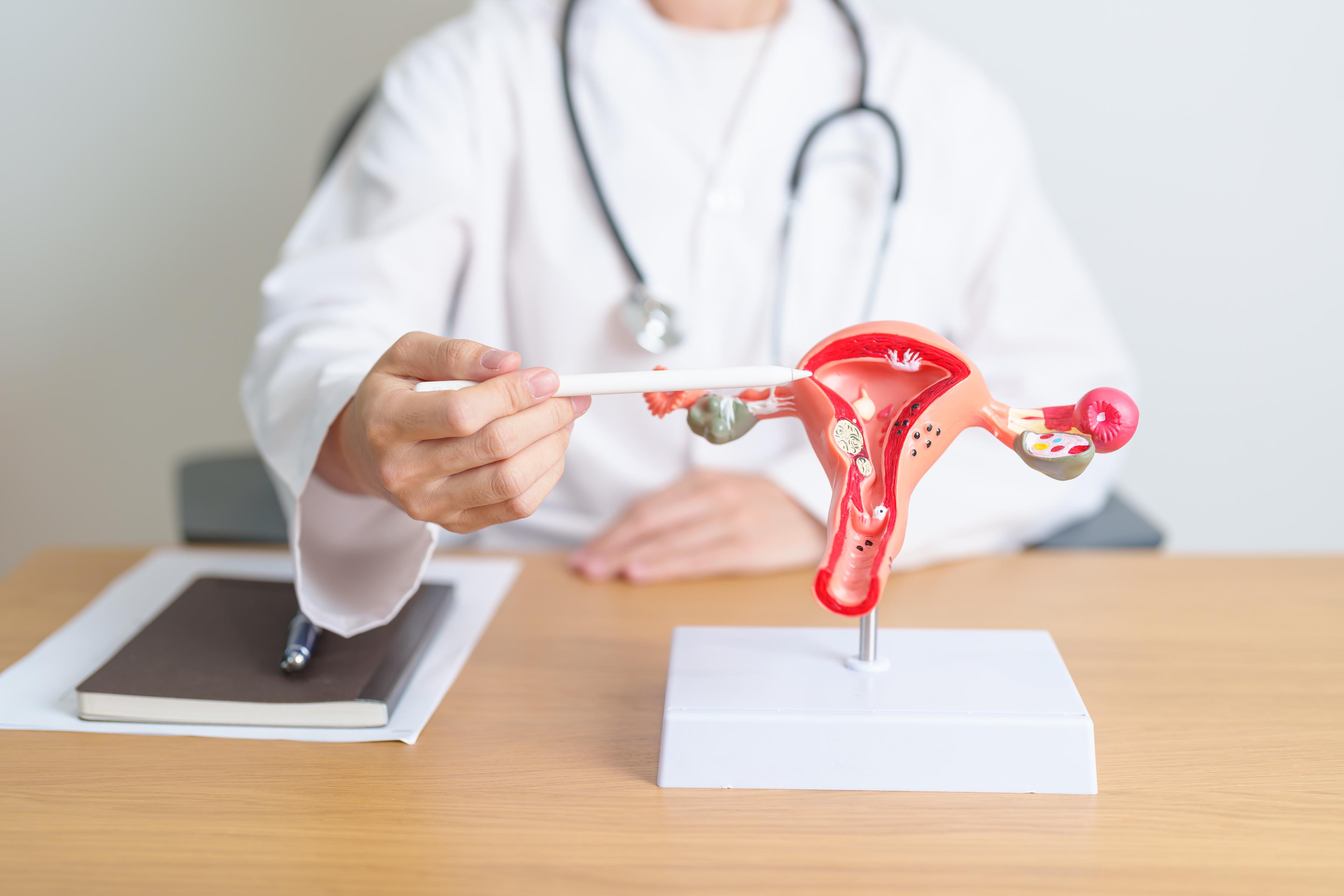
The Impact of PCOS on Egg Quality
Polycystic Ovary Syndrome, or PCOS, is a multifaceted hormonal condition that encompasses millions of women across the globe. Understanding how PCOS affects egg quality is crucial for women trying to conceive and seeking effective fertility treatments.
What is PCOS?
Polycystic ovary syndrome (PCOS) is the term for a collection of symptoms that relate to a hormone imbalance. PCOS involves the ovaries, but also has many effects on the rest of the body.
Individuals with PCOS typically experience at least two of the following issues: Not ovulating, High levels of androgens, Cysts on or in one or both ovaries.
Symptoms that are common in PCOS are: Irregular or missed periods, Excess facial or body hair (hirsutism), Acne, Weight gain or inability to lose weight, Ovarian cysts on ultrasound. But in addition to these outward manifestations, PCOS even impacts what is occurring within the ovaries — namely, egg development and quality.
How Does PCOS Affect Egg Quality?
The term 'egg quality' refers to an egg's general condition as well as its potential for successful fertilization and a healthy pregnancy.
Women with PCOS experience hormonal imbalances — specifically excess androgens and insulin resistance — that interfere with egg maturation.
As a result: The eggs may not mature properly, There could be fewer good-quality eggs for ovulation, The likelihood of successful fertilization and embryo formation could be lowered.
Even when eggs are released, they might not be of quality, and this can affect fertility and also predispose to miscarriage.
Improving Egg Quality in PCOS
Here are some ways to manage PCOS and improve reproductive outcomes:
1. Lifestyle Modifications
Healthy life styles play an important role in the control of PCOS. They are:
Balanced Diet: Emphasize whole grains, lean protein, healthy fats, fruit, and vegetables. Cutting sugar and processed foods can enhance insulin sensitivity.
Regular Exercise: Regular moderate exercise such as walking, swimming, or yoga can regulate hormones and aid in weight loss.
Weight Control: Even minimal weight loss (5–10% of body weight) can drastically enhance hormone balance and ovulation.
2. Medications
Physicians might prescribe medications to normalize periods and promote ovulation:
Metformin: Assists in diminishing insulin resistance and decreasing androgen levels
Clomiphene or Letrozole: Ovulation-stimulating medication
Birth Control Pills (for non-conceiving patients): Utilized to control menstrual cycles and decrease androgen levels
3. Laparoscopic Ovarian Drilling
In other instances, particularly when medication does not promote ovulation, a technique known as laparoscopic ovarian drilling can be advised. It is a surgical procedure in which tiny holes are created in the ovary to suppress androgen production. This has the ability to resuscitate normal ovulation.
4. Assisted Reproductive Techniques (ART)
When medical or natural ovulation induction fails to result in pregnancy, In-Vitro Fertilization (IVF) becomes the next option. IVF bypasses the problem of ovulation by extracting eggs directly from the ovaries, fertilizing them in a laboratory, and implanting the embryo into the uterus. With adequate medical intervention, most women with PCOS have achieved successful pregnancies through IVF.
Conclusion
PCOS can impair egg quality and fertility, but with early detection, lifestyle modification, and medical intervention, most women are able to get pregnant and enjoy healthy pregnancies. If you're having PCOS and fertility issues, consult a fertility expert who can assist you with a personalized plan.

